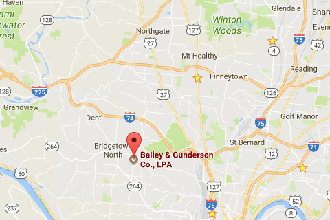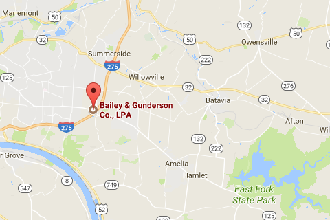We are often asked by clients if they are going to lose their home in a bankruptcy. We understand that clients are rightfully concerned about this issue as their home has many memories for clients and their children.
The answer is simply, “Yes, you can keep your home in a bankruptcy”. However, certain questions must be answered in the positive first
If you have a mortgage payment, are you current?
Do you have homeowner’s insurance for your home, and is your mortgage company listed as the “loss payee” on your homeowner’s insurance?
Do you have less than $182,625 for a single filer, or $365,250 for joint filers, of equity in your home? Equity is defined as the fair market value of your home minus the balance due for your mortgage?
Generally, a positive answer for those questions will result in you retaining your home.
But what if you are behind in your mortgage payments or have too much equity in your home, then not all is lost. You can still retain your home by filing a Chapter 13 bankruptcy.
If you have questions, please call the attorneys at Bailey & Gunderson Co., L.P.A., with offices in Norwood and Western Hills, at 513-631-0022.
Can I keep my home in a bankruptcy?
We are often asked by clients if they are going to lose their home in a bankruptcy. We understand that clients are rightfully concerned about this issue as their home has many memories for clients and their children.
The answer is simply, “Yes, you can keep your home in a bankruptcy”. However, certain questions must be answered in the positive first
If you have a mortgage payment, are you current?
Do you have homeowner’s insurance for your home, and is your mortgage company listed as the “loss payee” on your homeowner’s insurance?
Do you have less than $182,625 for a single filer, or $365,250 for joint filers, of equity in your home? Equity is defined as the fair market value of your home minus the balance due for your mortgage?
Generally, a positive answer for those questions will result in you retaining your home.
But what if you are behind in your mortgage payments or have too much equity in your home, then not all is lost. You can still retain your home by filing a Chapter 13 bankruptcy.
We are often asked by clients if they are going to lose their home in a bankruptcy. We understand that clients are rightfully concerned about this issue as their home has many memories for clients and their children.
The answer is simply, “Yes, you can keep your home in a bankruptcy”. However, certain questions must be answered in the positive first
If you have a mortgage payment, are you current?
Do you have homeowner’s insurance for your home, and is your mortgage company listed as the “loss payee” on your homeowner’s insurance?
Do you have less than $182,625 for a single filer, or $365,250 for joint filers, of equity in your home? Equity is defined as the fair market value of your home minus the balance due for your mortgage?
Generally, a positive answer for those questions will result in you retaining your home.
But what if you are behind in your mortgage payments or have too much equity in your home, then not all is lost. You can still retain your home by filing a Chapter 13 bankruptcy.
If you have questions, please call the attorneys at Bailey & Gunderson Co., L.P.A., with offices in Norwood and Western Hills, at 513-631-0022.





